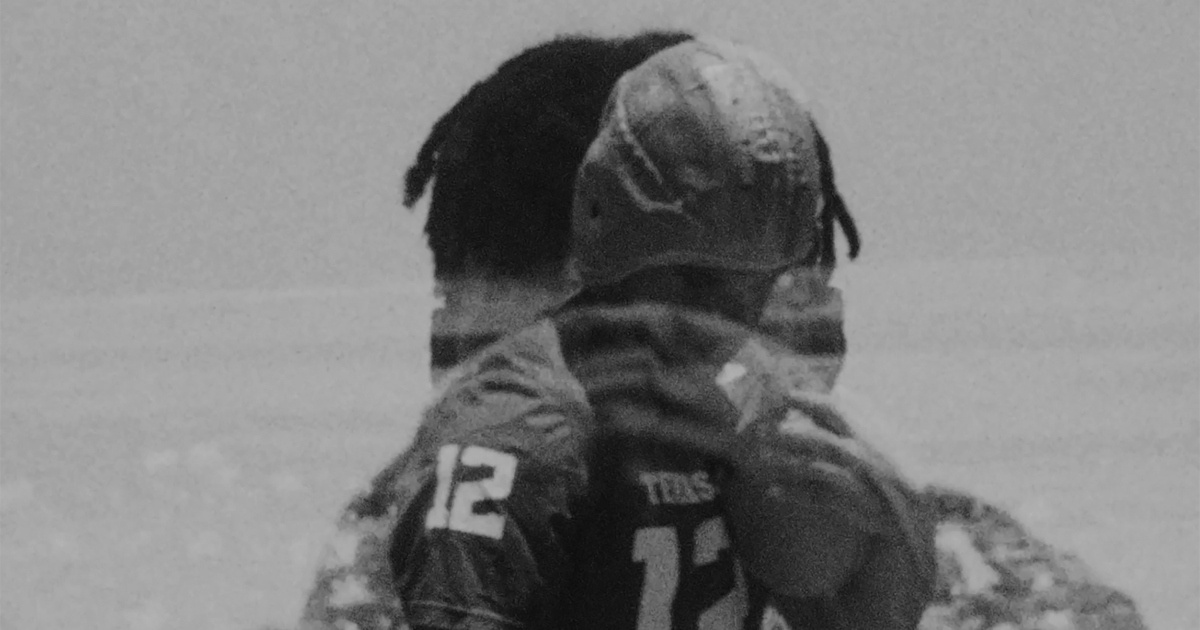
With Sundance in our rearview mirror and South By Southwest getting closer and closer, we’ve officially restarted the film festival season. However, one of the most exciting festivals on this early portion of the calendar is one you may not be too familiar with.
Set to bow their 22nd edition, the Museum of Modern Art will once again bring to light the latest and greatest in avant-garde documentary cinema with Doc Fortnight 2023. Running February 22-March 6, Doc Fortnight 2023 sees the debut of 15 feature films and 8 shorts, all covering more than 20 countries and even more unique stories. However, when dealing with a film festival like this, where a majority of the films are a bit left of the proverbial cinematic center, it may be hard to find a place to get started.
Have no fear, as is a now annual tradition, we’re here to assist you in navigating what is one of the year’s more fascinating documentary festivals.
First up on this year’s preview are a pair of films from cult filmmaker Kevin Jerome Everson. A director of well over 120 features and shorts, Everson has become one of the more talked about filmmakers in the art documentary space, bringing to screens a profoundly moving and singular take on the Black, working-class experience. Included in this festival’s lineup are the pair of shorts First Team Offense and Hough 66, which despite clocking in at a total of 10 minutes combined, are two of the more engrossing experiments in this lineup. Both standing as world premieres, I hesitate to describe them in too much depth, but both are beautifully rendered silent, black and white shorts that push the boundaries of visual art as much as they do the documentary form. I’m particularly smitten with Hough 66, which stars Fuego Mansa Mufasa, and ruminates in the 1966 Cleveland uprising. It’s an awe-inspiring short that I’m all too frustrated I couldn’t see in a black box theater. Truly a sensorial experience despite depriving viewers of any sound.
Speaking of a one of a kind film from a one of a kind director, Still Film comes from director James N. Kienitz Wilkins (best known for films like the incomparable Public Hearing, a film that itself feels sort of in conversation with another that will be talked about shortly), and is his rumination on film culture and the hold that it’s had on popular culture for well over 100 years now. Focusing in on just the last four decades or so, Wilkins collects publicity stills from various films throughout the last roughly half-century and draws his narration from an actual legal deposition, which finds Wilkins playing ever character. It’s a startlingly snappy piece of work for its relatively dry description, that finds the director blowing out this examination of film culture and its uncanny ability to mythologize itself to ask larger questions about truth and reality. Absolute catnip for the more adventurous cineaste out there.
Rounding out this preview are two films that redefine the now over-used term of “found footage.” First up is the engrossing Love is Not An Orange, from director Otilia Babara, which is a collection of private videos gathered from the early 1990s. During this time, women fled Moldova in search of work following the collapse of the Soviet Union, leaving their families behind in order to put food on their tables. With the hopes of staying connected, these women would send home various gifts ranging from clothes to oranges (from which the title of the film is drawn), and in return would receive videos of their children informing them of any news in the home their mothers so greatly miss. Collecting these videos into one briskly paced 73-minute feature, Babara’s film is a deeply personal one, a profoundly touching meditation on loss and familial bonds, all with a cloud of political upheaval hanging over it. As the children get older things chang, and what results is one of the most emotionally captivating studies of political unrest and the families that become splintered from it.
Finally, one for fans of longer features. Clocking in at nearly three hours, The Trial is the rare epic documentary included in this festival, with director Ulises de la Orden digging through roughly 530 hours of archival materials to tell a harrowing story of state-sanctioned violence. Placing viewers squarely into the courtroom during Argentina’s post-junta trials in 1985, Orden tells the story of various victims and families of what became known as desaparecidos (the disappeared) during the “Dirty War.” It’s estimated that nearly 30,000 people were killed or “disappeared,” primarily victimizing those with even the slightest connection to the opposition. The Trial is a harrowing, first hand account of these events, and is a captivating, emotionally devastating rumination on state-sanctioned terrorism and the capacity within humanity to commit true acts of brutality and violence. It’s simply one of 2023’s most important pieces of filmmaking and one of the great achievements in political filmmaking this writer has ever seen.
Doc Fortnight runs February 22-March 6 at The Museum of Modern Art.



